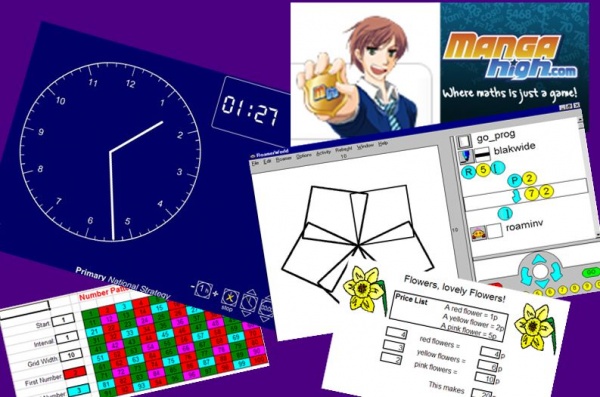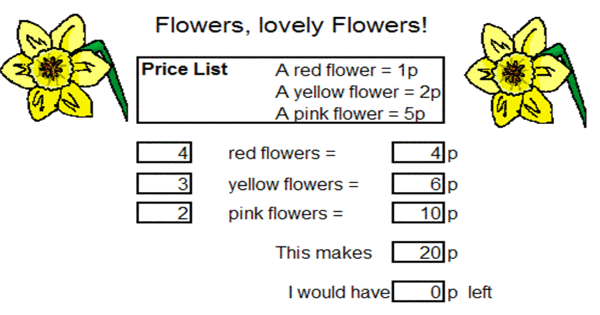 Sharon Wallace, Curriculum Support Officer, Curriculum Support Team for Falkirk Council has delivered a lecture to 91 second and third year ITE students at Stirling University entitled ‘Active Approaches to Numeracy’.
Sharon Wallace, Curriculum Support Officer, Curriculum Support Team for Falkirk Council has delivered a lecture to 91 second and third year ITE students at Stirling University entitled ‘Active Approaches to Numeracy’.
The aim of the session was to provide an overview of how Falkirk establishments are using active methodologies to increase attainment in mental mathematics.
Sharon explained that numeracy is a skill for life, learning and work. It is not just a subset of mathematics, it is also a life skill which permeates and supports all areas of learning. (Maths and Numeracy Principles and Practices paper).
Sharon asked the students to make a list of all the numbers they had encountered on their way to Stirling Uni that morning and the students surprised themselves at how many numbers there are in society. Answers included: car number plates, alarm clocks, measures on their breakfast cereal/ milk, house numbers, cash line etc.
After giving the ITE students a short mental maths ‘quiz’, Sharon encouraged the students to share the strategies they used to calculate the answers. One question was ‘If a loaf of bread is £1.19, how much would four loaves cost?’ There were a range of strategies used and discussed.
Sharon then shared the ‘Every day’s a learning day’ numeracy video which is available on Falkirk Council’s you tube channel.

The session went on to look at ways in which pupils can benefit from more active approaches to numeracy with examples.
Sharon also provided the students with examples of how asking effective questions can gain a deeper understanding of mathematical concepts.
The students had to devise their own numeracy problems for a class they are currently supporting using just the answer as a starting point. There were a wide variety of questions devised which stimulated lots of thought and discussions.
Sharon then went onto ask the students to consider how they can create effective maths environments looking at inside and outside spaces.
The final part of the course looked at a variety of different numeracy websites available to enhance and increase knowledge and understanding of mental maths.







